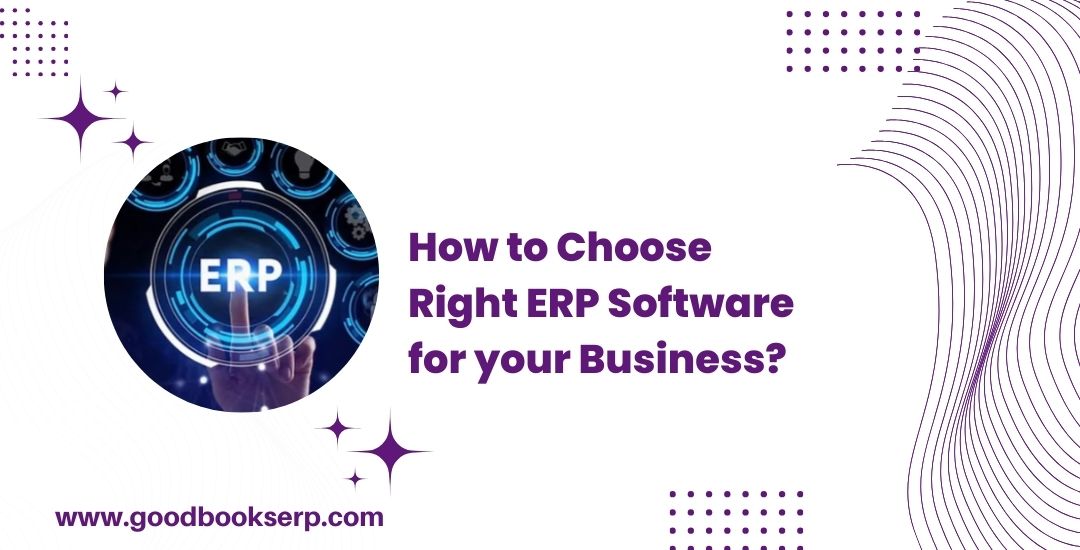Choosing Between SaaS and On-Premise ERP Software
Selecting the right Enterprise Resource Planning (ERP) software is critical for businesses to thrive. One of the fundamental decisions to make is whether to opt for Software as a Service (SaaS) or On-premise ERP solutions.
Each option presents distinct advantages and considerations that can significantly impact business operations.
Comparing SaaS and On-Premise Solutions:
1. Flexibility and Control:
Cost considerations play a pivotal role in the decision-making process. SaaS ERP solutions typically involve lower initial costs, as they operate on a subscription-based pricing model. This pay-as-you-go approach can be advantageous for businesses with limited upfront capital or those seeking predictable monthly expenses.
On-premise ERP software requires a substantial upfront investment in software licenses, hardware, and infrastructure. While the initial cost may be higher, On-premise solutions can be more cost-effective over the long term, especially for organizations with stable resource requirements and long-term usage plans.
2. Cost-effectiveness:
Cost considerations play a pivotal role in the decision-making process. SaaS ERP solutions typically involve lower initial costs, as they operate on a subscription-based pricing model. This pay-as-you-go approach can be advantageous for businesses with limited upfront capital or those seeking predictable monthly expenses.
On-premise ERP software requires a substantial upfront investment in software licenses, hardware, and infrastructure. While the initial cost may be higher, On-premise solutions can be more cost-effective over the long term, especially for organizations with stable resource requirements and long-term usage plans.
3. Scalability:
Scalability is a crucial factor, particularly for growing businesses or those with fluctuating resource needs. SaaS ERP solutions excel in scalability, offering the flexibility to adjust resources based on demand. With SaaS, businesses can easily scale up or down without the need for significant infrastructure investments or downtime.
On-premise ERP solutions may face limitations in scalability due to hardware constraints and infrastructure planning. While scalability is still possible with On-premise solutions, it often requires careful upfront planning and investment in infrastructure to accommodate future growth.
4. Security and Compliance:
Data security and compliance are paramount considerations for businesses, particularly in industries with stringent regulatory requirements.
SaaS ERP solutions typically offer robust security measures and compliance certifications, managed by the provider. This alleviates the burden of managing security internally and ensures data protection. However, some organizations may have concerns about data privacy and control in a cloud-based environment.
On-premise ERP solutions provide greater control over data security and compliance, as sensitive information is stored within the organization’s own infrastructure. This level of control is appealing for businesses with strict security protocols or regulatory compliance needs.
5. Accessibility and Performance:
Accessibility and performance are critical factors that can significantly impact user experience and productivity.
SaaS ERP solutions offer unparalleled accessibility, allowing users to access the system from anywhere with an internet connection. This flexibility is particularly beneficial for remote work environments or organizations with distributed teams. However, accessibility may be contingent on internet speed and reliability.
In contrast, On-premise ERP solutions offer high performance and reliability, as they operate on the organization’s internal network infrastructure. This ensures consistent performance but may limit accessibility outside of the company’s premises, requiring remote access solutions such as VPNs for off-site users.
Who Benefits from On-Premise ERP?
Businesses with extensive IT infrastructure and resources, and those requiring maximum control over their ERP system, often benefit from On-Premise ERP. This solution suits organizations with strict regulatory compliance needs or unique customization requirements.
Who Benefits from Cloud-Based ERP?
Cloud-Based ERP is advantageous for businesses seeking scalability, accessibility, and flexibility without the burden of managing IT infrastructure. It’s ideal for startups, small to medium-sized enterprises, and businesses with remote teams or limited IT resources.
Choose what suits your business structure:
In conclusion, the decision between SaaS and On-premise ERP software requires careful consideration of various factors, including flexibility, cost, scalability, security, and performance. By evaluating these factors against your organization’s specific needs, priorities, and long-term objectives, you can make an informed decision that aligns with your business goals and ensures optimal efficiency and productivity.

